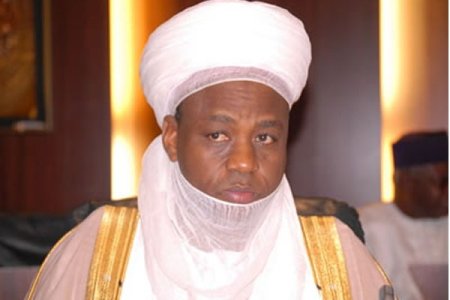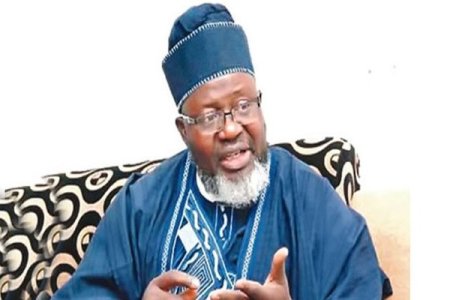
The Nigerian Supreme Council for Islamic Affairs (NSCIA) supports the creation of Sharia panels in Southwest Nigeria. Despite opposition from local leaders like Gani Adams, the council argues these panels are constitutionally allowed for civil disputes among Muslims. The controversy highlights the ongoing tension over religious rights.
The Nigerian Supreme Council for Islamic Affairs (NSCIA), headed by the Sultan of Sokoto, Alhaji Muhammad Sa’ad Abubakar, has expressed concerns over resistance to the establishment of Sharia arbitration panels in southern Nigeria. The latest objection comes from Ekiti state, where efforts by the Muslim community to set up an Independent Sharia Arbitration Panel were met with opposition from both political and traditional authorities. This follows a similar scenario in Oyo state, where a Sharia panel's inauguration was indefinitely postponed due to public apprehension.
The Independent Sharia Arbitration Panel is intended to resolve civil and marital disputes among Muslims voluntarily. NSCIA argues that such initiatives are legally supported by Section 275 of the 1999 Constitution of Nigeria, which permits Sharia Courts of Appeal and similar platforms. The group further criticized the lack of a Sharia Court of Appeal in the South-West, leaving many Muslim communities without access to a legal forum for resolving personal and family matters.
NSCIA condemned the resistance, calling it an infringement on the constitutional rights of Muslims. The council has urged governors and traditional leaders in the southern region, particularly in the southwest, to protect the rights of Muslim citizens to practice their faith freely. It also criticized recent Supreme Court decisions, which they believe were intended to prevent Muslims from fully practicing their religion in certain regions.




